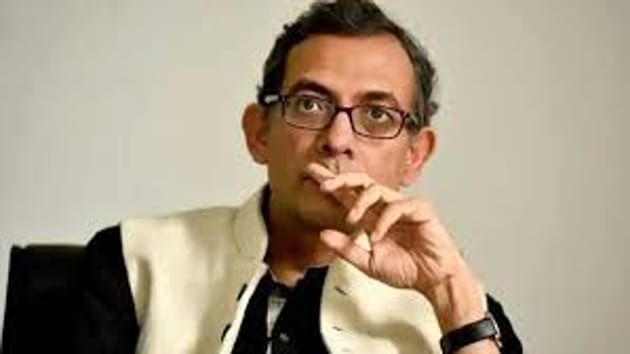Nobel laureate Abhijit Banerjee may have guided CM Mamata’s move to directly transfer money to Amphan-affected: Experts
On Friday, Banerjee had announced that Rs 20,000 would be transferred to the bank accounts of each of the five lakh families affected by the cyclone and even assured an additional Rs 28,000 to each family under the Mahatma Gandhi National Rural Employment Generation Scheme (MNREGS).
West Bengal chief minister Mamata Banerjee’s decision to directly transfer money to the bank accounts of around five lakh super cyclone Amphan-affected people might have been influenced and guided by Nobel laureate Dr. Abhijit Vinayak Banerjee, who heads the global advisory body set up by her to battle the raging coronavirus disease (Covid-19) outbreak, according to experts.

On Friday, Banerjee had announced that Rs 20,000 would be transferred to the bank accounts of each of the five lakh families affected by the cyclone and even assured an additional Rs 28,000 to each family under the Mahatma Gandhi National Rural Employment Generation Scheme (MNREGS).
“Dr. Banerjee has been saying this for quite some time now. He had even suggested this to the Union government. The CM took his advice and implemented it. The Centre and other states will have to follow it, as this is the only way out,” said Tapas Roy, senior Trinamool Congress leader and minister of state for parliamentary affairs.
The Indian-American economist, who won the 2019 Nobel Prize in Economics, along with Esther Duflo and Michael Kremer, had suggested that the Narendra Modi-led government should look at providing cash transfer to the bottom 60% of India’s population to help revive the economy, which has been battered by Covid-19.
“Spending is the easiest way to revive the economy. It will have stimulus effect,” Dr. Banerjee had said during his recent conversation with former Congress president Rahul Gandhi amid the pandemic.
The global advisory body, which Mamata Banerjee has set up to advise her government on how to fight the crisis triggered by the viral outbreak, has Dr. Banerjee as its head. Swarup Sarkar, former regional director of WHO (World Health Organisation); Tom Frieden, ex-CDC (Centers for Disease Control and Prevention of the US); Jishnu Das, economist, World Bank; and JVR Prasad Rao, a former union health secretary, are among the other experts.
“This is a very good initiative by the West Bengal government. People, who have been the hardest hit, will need cash in hand. Some economists, including Nobel laureate Dr. Banerjee, have been saying this. It seems the government may have taken Dr. Banerjee’s advice, as he is heading the global advisory body to battle the pandemic,” said Mousumi Dutta, head of the economics department at Presidency University in Kolkata.
The opposition, however, has slammed the Bengal government over the initiative, claiming it had been cheating people and making false promises.
“The Bengal government has made such promises in the past too such as giving dearness allowances to government employees. It was never given. Now, she knows that her government has failed in all aspects. She wants to give some money in a bid to win them over before the next year’s assembly polls. What will people do with the money if they die of Covid-19?” asked Rahul Sinha, national secretary, the Bharatiya Janata Party (BJP).
Dr. Banerjee had said the government should issue temporary ration cards for three to six months for every person who needs foodgrains. “Use those ration cards for transferring money, wheat, and rice to them,” he had said.
The Bengal government announced a few days ago that those who have outdated paper ration cards are also eligible for ration items.






